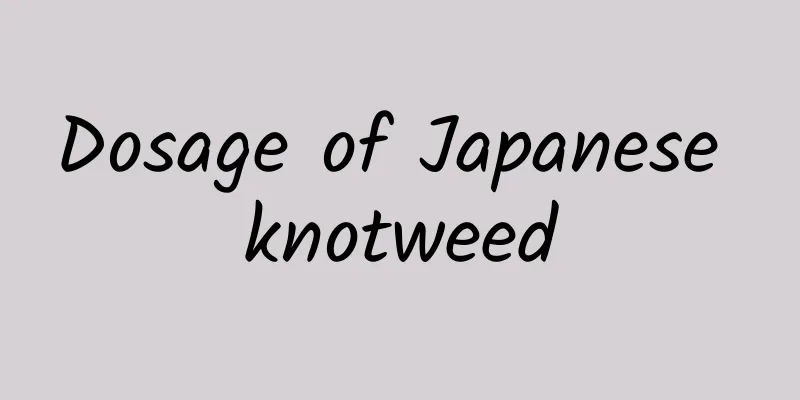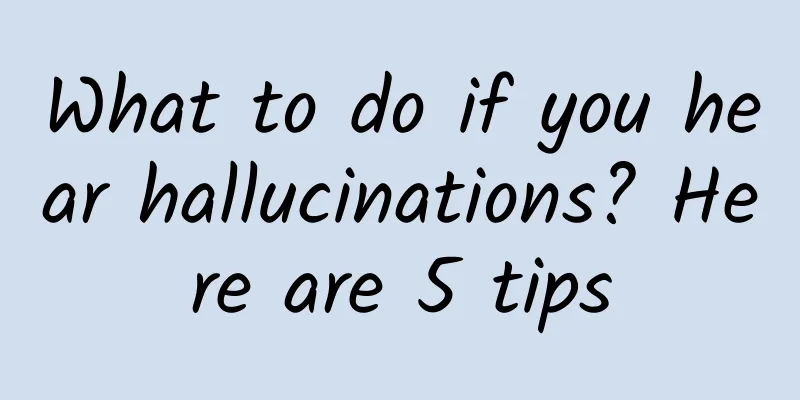So many hypertensive patients are abusing their medications

|
1 Estimate blood pressure based on symptoms and take medication based on your feelings - Wrong! Some people think that as long as there are no discomfort symptoms, high blood pressure does not need to be treated. This is very wrong. The level of blood pressure does not necessarily have a relationship with the severity of symptoms. Most patients with hypertension have no symptoms. Some people have significantly elevated blood pressure, but because they have been ill for a long time, they have adapted to the high blood pressure levels and still do not feel any discomfort until a cerebral hemorrhage occurs. Then they "feel" something. Hypertension is measured by blood pressure measurement, not by feeling or estimation. Therefore, the absence of any discomfort does not mean that the blood pressure is not high; patients with hypertension should measure their blood pressure regularly, such as at least once a week, and should not estimate their blood pressure "based on their feelings." The diagnostic criteria for hypertension are: systolic blood pressure ≥140 mmHg and/or diastolic blood pressure ≥90 mmHg measured three times on different days. 2. Unwilling to take medicine too early—Wrong! Many young patients are reluctant to take medication after being diagnosed with hypertension, fearing that they will develop "drug resistance" to antihypertensive drugs and that using them too early will render them ineffective in the future. They wish to stop taking medication now while their symptoms are not severe - these are very wrong and very dangerous ideas. Antihypertensive drugs do not cause resistance. Except for patients with mild hypertension in the early stages who have achieved blood pressure control by strictly adhering to a healthy lifestyle, who do not need to take medication, other patients will benefit more from medication the earlier they start treatment. The main harm of high blood pressure is that it unknowingly damages large, medium and small blood vessels throughout the body, and impairs the functions of multiple organs such as the heart, brain, and kidneys. The earlier the blood pressure is controlled, the earlier the blood vessels can be protected and heart, brain, and kidney damage can be prevented, and the better the long-term prognosis will be. Do not wait until the heart, brain, and kidney damage develops to use medication, as by then, the best time for treatment will have been lost. 3. Antihypertensive treatment: stop taking the medicine once blood pressure returns to normal - Wrong! Some patients stop taking the medicine on their own when their blood pressure drops to normal after taking the medicine. This is a very harmful practice. Hypertension is different from the common cold. It cannot be cured and can only be controlled through comprehensive treatment, which requires long-term or even lifelong use of antihypertensive drugs. "Adherence to medication is the road to longevity for patients with hypertension." After stopping the medication, blood pressure will rise again. Excessive blood pressure fluctuations will cause more serious damage to target organs such as the heart, brain, and kidneys. The correct approach is to carefully and gradually reduce the dosage and type of drugs after long-term blood pressure control is achieved. Generally, the dosage can only be reduced for patients who can strictly adhere to a healthy lifestyle. During the process of reducing medication, changes in blood pressure must be monitored. 4. Just take medicine without looking at the effects – Wrong! Some people think that everything will be fine as long as they take medicine. They don’t pay attention to their blood pressure values and don’t measure their blood pressure regularly. This cannot ensure that their blood pressure remains stable and meets the standard in the long term. In addition, the principle of blood pressure reduction emphasizes individualized medication, one of which is to monitor and record blood pressure regularly in order to understand the relationship between medication and blood pressure changes; to understand how much dose or how to use combination medications to stabilize blood pressure at an ideal level. 5. Buy medicine on your own—Wrong! Some people who suffer from high blood pressure do not take medicine as prescribed by doctors, but instead follow the recommendations of pharmacies, or blindly believe in the "good medicine" in advertisements; some people think that the more expensive the medicine, the "better" it is, and blindly pursue new and special medicines; some people see what antihypertensive medicine is effective for others, and then copy it for their own use, purchasing medicine on their own. These practices are blind, harmful, and unsafe. At present, there are many kinds of drugs for treating hypertension. Each drug has a different antihypertensive mechanism, its own indications, and certain adverse reactions. The selection of antihypertensive drugs must be based on the doctor's judgment and necessary laboratory tests, taking into account the patient's blood pressure level, other coexisting risk factors, and accompanying target organ damage, and selecting drugs that can effectively lower blood pressure, have no adverse effects on patients, and protect target organs. Treatment under the guidance of a doctor is the only reasonable treatment method. 6 Treating hypertension with intravenous infusion - Wrong! Some patients hope to achieve the goal of lowering blood pressure by relying on intravenous infusion for a few days. Except for hypertensive emergencies such as hypertensive encephalopathy and aortic dissection, which require intravenous drip of antihypertensive drugs to quickly lower blood pressure, general hypertension does not require infusion treatment. Some patients believe that intravenous infusion can promote blood circulation, improve circulation, and prevent thrombosis. In fact, normal intravenous infusion has no effect on preventing thrombosis. The best treatment is to take antihypertensive drugs regularly and for a long time and comprehensively intervene in other risk factors (lowering blood sugar, lowering blood lipids, taking low-dose aspirin, etc. when necessary). |
<<: How could being as white as milk be so scary?
>>: So embarrassing! Men and women "rolling" has a miraculous effect on kidney tonification
Recommend
White scars after burns
No one wants to have scars on their skin, but too...
Does vitamin B6 cure insomnia?
Insomnia can be said to be a disease that troubles...
Is chemotherapy harmful? Side effects of chemotherapy
While chemotherapy kills cancer cells, it may als...
Bupleurum, Angelica, Poria, Atractylodes
Bupleurum, Angelica, Poria, Atractylodes have the...
Beware of the dangers of vomiting to lose weight, everyone who wants to lose weight should know this!
Losing weight is always a topic that fat people c...
Kidney qi declines, spleen and stomach yang deficiency, spleen deficiency and dampness stagnation, water and dampness
In traditional Chinese medicine, people's con...
There is a hard lump on the left side of my stomach
A normal person's stomach should feel soft to...
What are the benefits of gastrointestinal care?
Regular gastrointestinal care is very beneficial ...
Liver dysfunction
Most patients with liver dysfunction will experie...
What are the dietary therapies to lower cholesterol?
If you want to effectively lower your cholesterol...
Precautions after wound suture
In daily life, some people are injured for some r...
Rub and knead it every day, and it will be so vigorous after one month
Lack of physical energy is a common problem in li...
Which Chinese medicines cause blood sugar to rise?
High blood sugar is more common among middle-aged...
Is it okay for a six-month-old baby to fall to the ground?
When the baby is six months old, most of them can...
Maca side effects and contraindications
Although the traditional Chinese medicine Maca ca...









